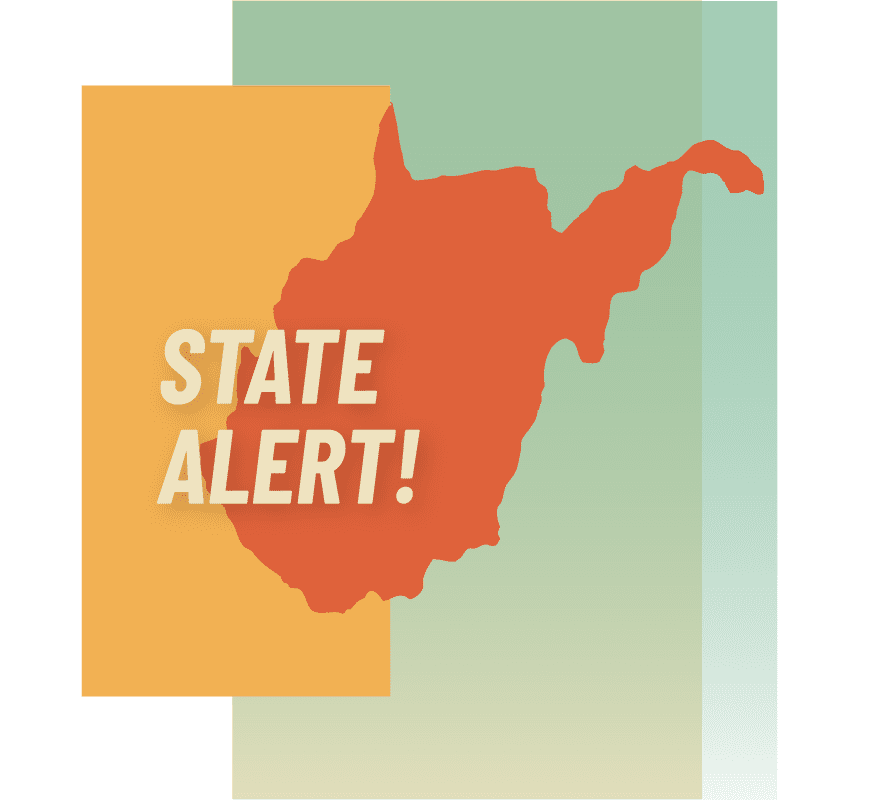INDUSTRY UPDATES
March 11, 2019
Two Big Ws for Hemp in West Virginia

It was a wild and wonderful week in West Virginia for hemp.
As you may recall from last fall, the Mountain State’s U.S. Attorney sought and obtained a temporary restraining order (TRO) against a hemp company, alleging that it did not comply with the regulations of the state’s agricultural pilot program.
Specifically, the suit argued that the West Virginia company illegally imported seeds from a Kentucky pilot program participant. According to the complaint, the law requires all hemp seed to be imported from overseas.
Of course, that’s not the law, and Frost Brown Todd’s Carte Goodwin filed a motion to dismiss in federal court. The Court initially removed the TRO, and last week, formally dismissed the government’s case. The Court concluded that because the 2018 Farm Bill removed industrial hemp from the purview of the Controlled Substances Act, the federal government had no jurisdiction to inject itself into areas of oversight that Congress reserved to the states.
“This is a significant win for the hemp industry not only in West Virginia but the United States,” said Goodwin. “Hemp is not the same as marijuana and should not be treated the same. It is an agricultural product that opens a new source of revenue for farmers and businesses across the country.”
But wait, West Virginia, there’s more!
On Saturday, the West Virginia legislature passed House Bill 2694 that expands the state’s hemp program, makes it compliant with the 2018 Farm Bill, and importantly, provides explicit protection for the retail sale of hemp products including cannabidiol (CBD). Much of the U.S. Hemp Roundtable’s model bill language was incorporated in the final bill, including:
- Notwithstanding any provision of the code to the contrary, a person need not obtain a license to possess, handle, transport, or sell hemp products or extracts, including those containing one or more hemp-derived cannabinoids, including CBD.
- Products containing one or more hemp-derived cannabinoids, such as CBD, intended for ingestion are to be considered foods, not controlled substances or adulterated products.
- Applicable state agencies shall make available any and all customary registrations to the processors and manufacturers of hemp products.
- Retail sales of hemp products may be conducted when the products and the hemp used in the products were grown and cultivated legally in another state or jurisdiction and meet the same or substantially the same requirements for processing hemp products or growing hemp under this article and rules promulgated under §19-2E-7 of this code.
- Notwithstanding any other provision of this code to the contrary, derivatives of hemp, including hemp-derived cannabidiol, may be added to cosmetics, personal care products, and products intended for animal or human consumption, and the addition is not considered an adulteration of the products.
- Hemp and hemp products may be legally transported across state lines, and exported to foreign nations, consistent with U. S. federal law and laws of respective foreign nations.
We owe a huge thanks to Delegate Gary Howell; Senators Dave Sypolt, Sue Cline and Bob Beach; and West Virginia Commissioner of Agriculture Kent Leonhardt. Commissioner Leonhardt must now promulgate legislative rules implementing the changes to the statute and that process should begin a few months. Stay tuned for any future updates on West Virginia, and don’t forget to share our State Action Center with all of your friends in other states.
